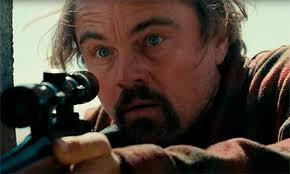
One Battle After Another is top-tier Paul Thomas Anderson — not as good as There Will Be Blood or Phantom Thread but so much better than the average movie that it seems to belong in a different medium entirely. It sprawls across genres and tones and defiantly refuses to anchor itself to a single character. Leonardo DiCaprio is its biggest star, playing a formerly radical explosives expert named Bob Ferguson who goes into hiding with his daughter in a small California town; his character provides the connective tissue between the giddy revolutionary action of the opening act to the hungover consequences of the next. But so much of the movie is about what happens around or despite Bob, a burnout with a brain so cooked by all the substances he’s spent the past decade and a half ingesting that he can no longer remember the code words to prove his identity when he reconnects with his old network. One Battle After Another is Anderson’s second riff on Thomas Pynchon, loosely inspired by his novel Vineland, but unlike the director’s first, Inherent Vice, this new film isn’t about the curdled aftermath of ’60s idealism. He untethers the story from the Reagan era and drags it into the 21st century, where his characters free migrants from detention centers and plant bombs in the offices of anti-abortion congressmen. Rather than ruminating on innocence lost, it presents the ebbs and flows of activism as part of a larger pattern. Participants wash out or sell out or get arrested, then get replaced by new blood, a cycle that comes with a measured optimism in addition to a body count.